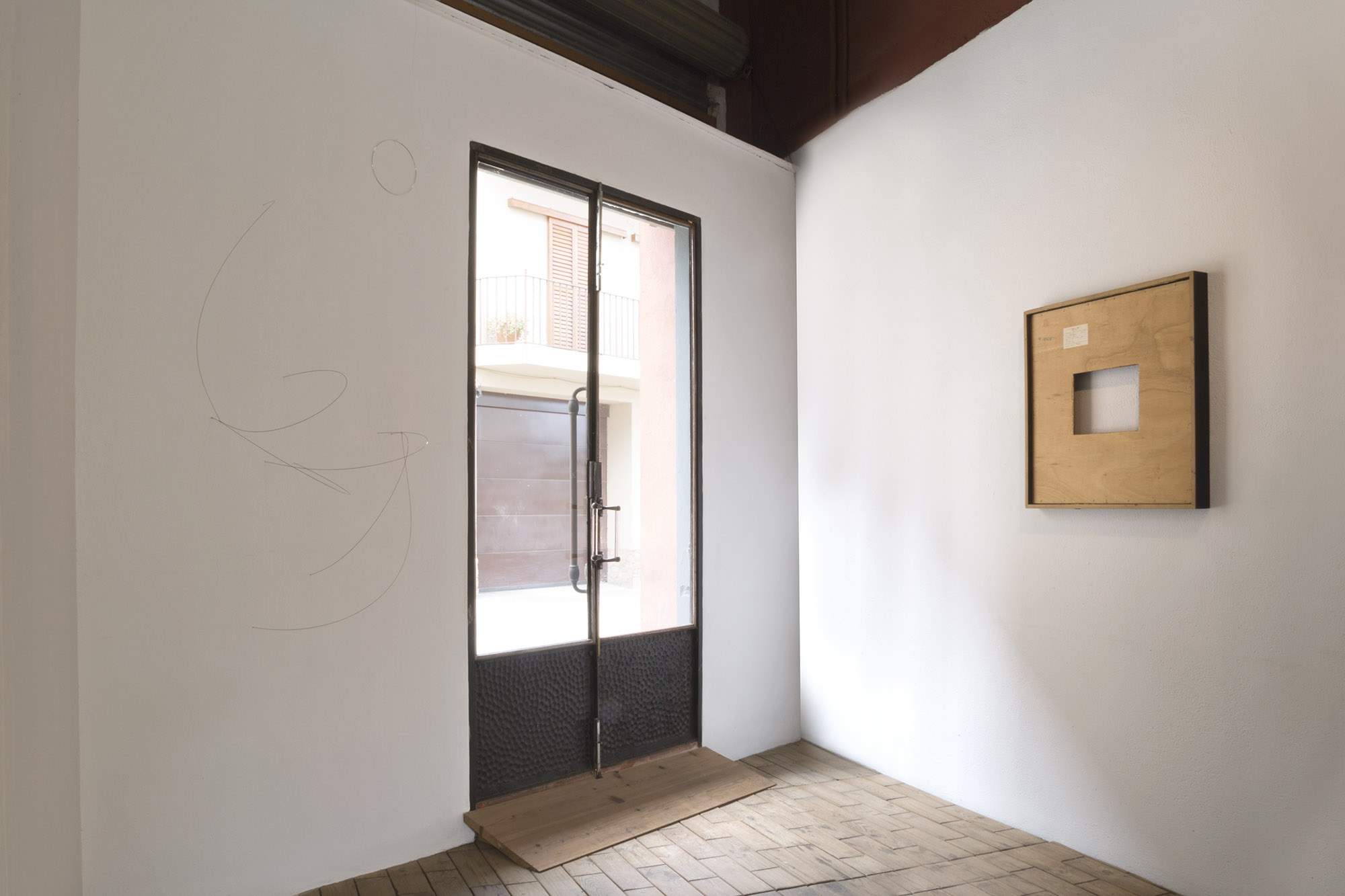07 August – 26 September 2021
Fonteta
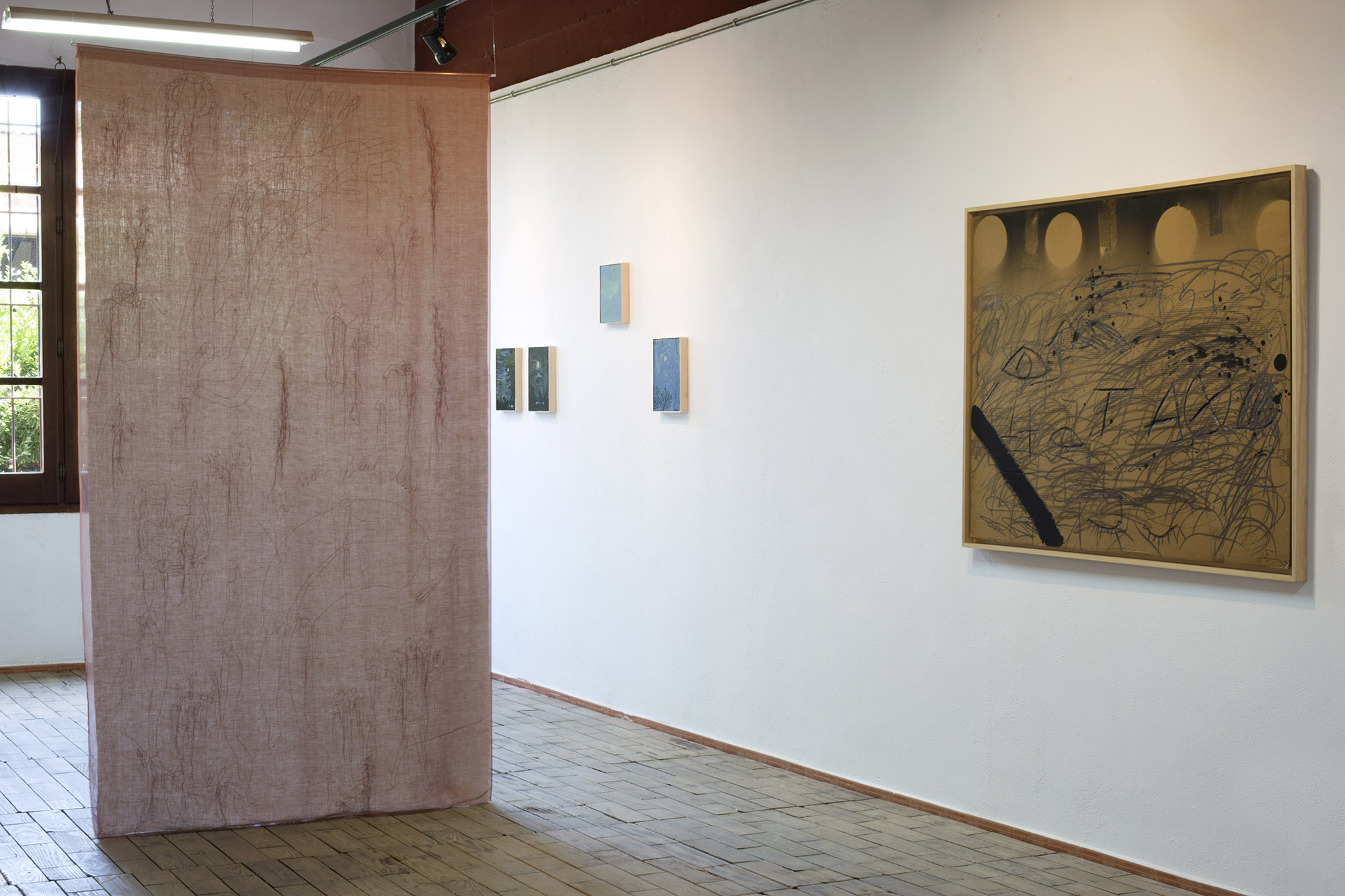
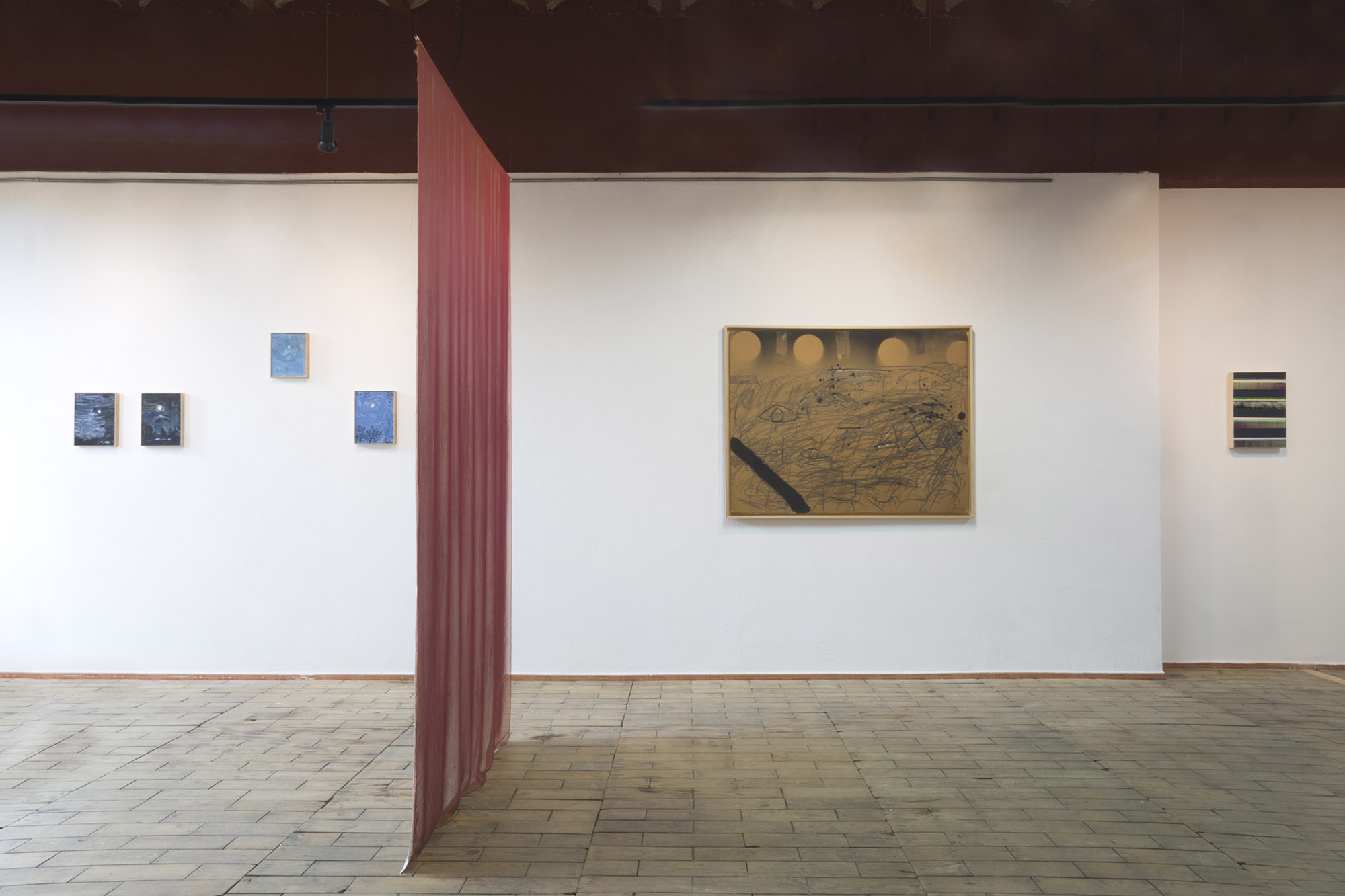


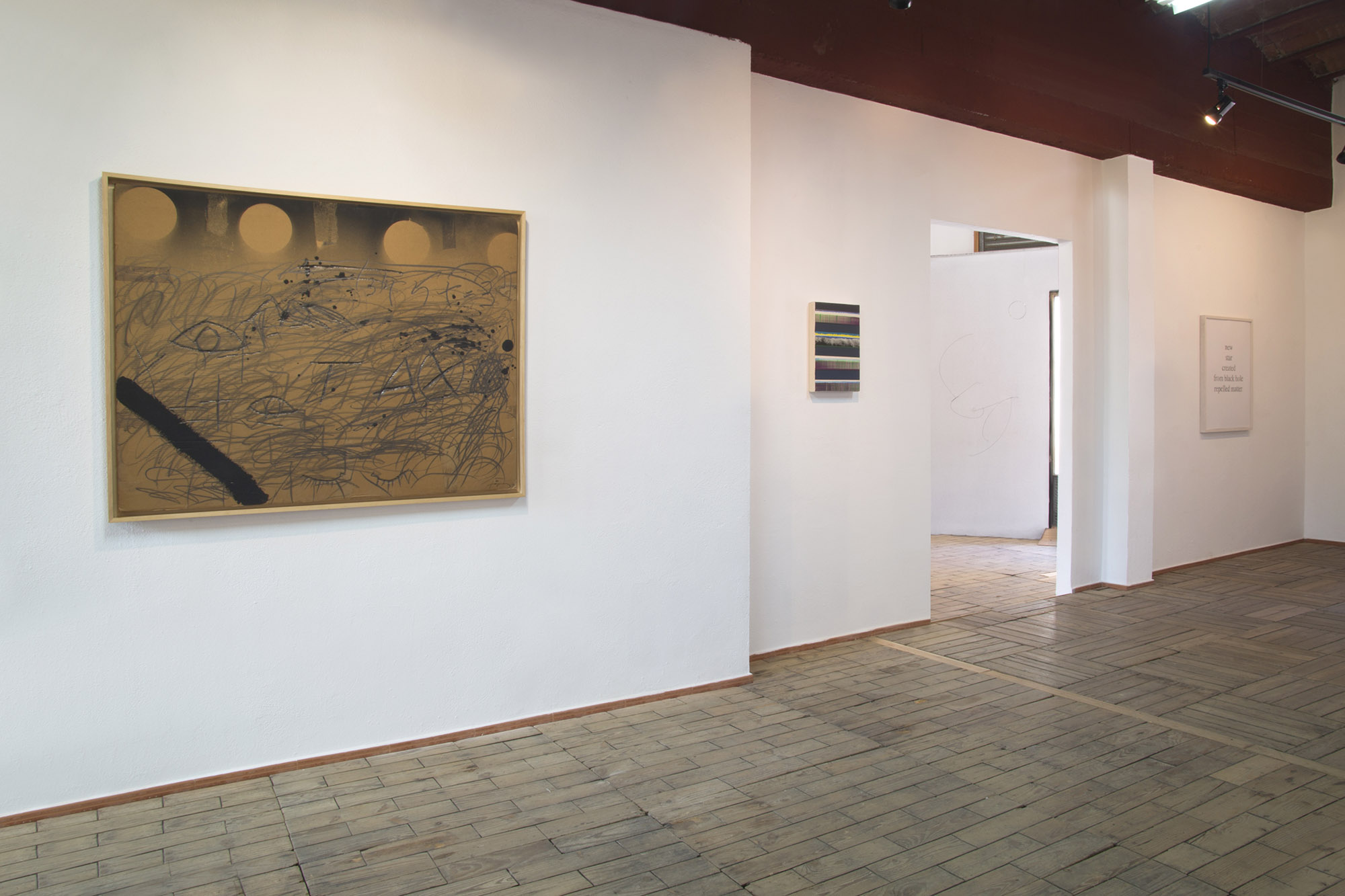

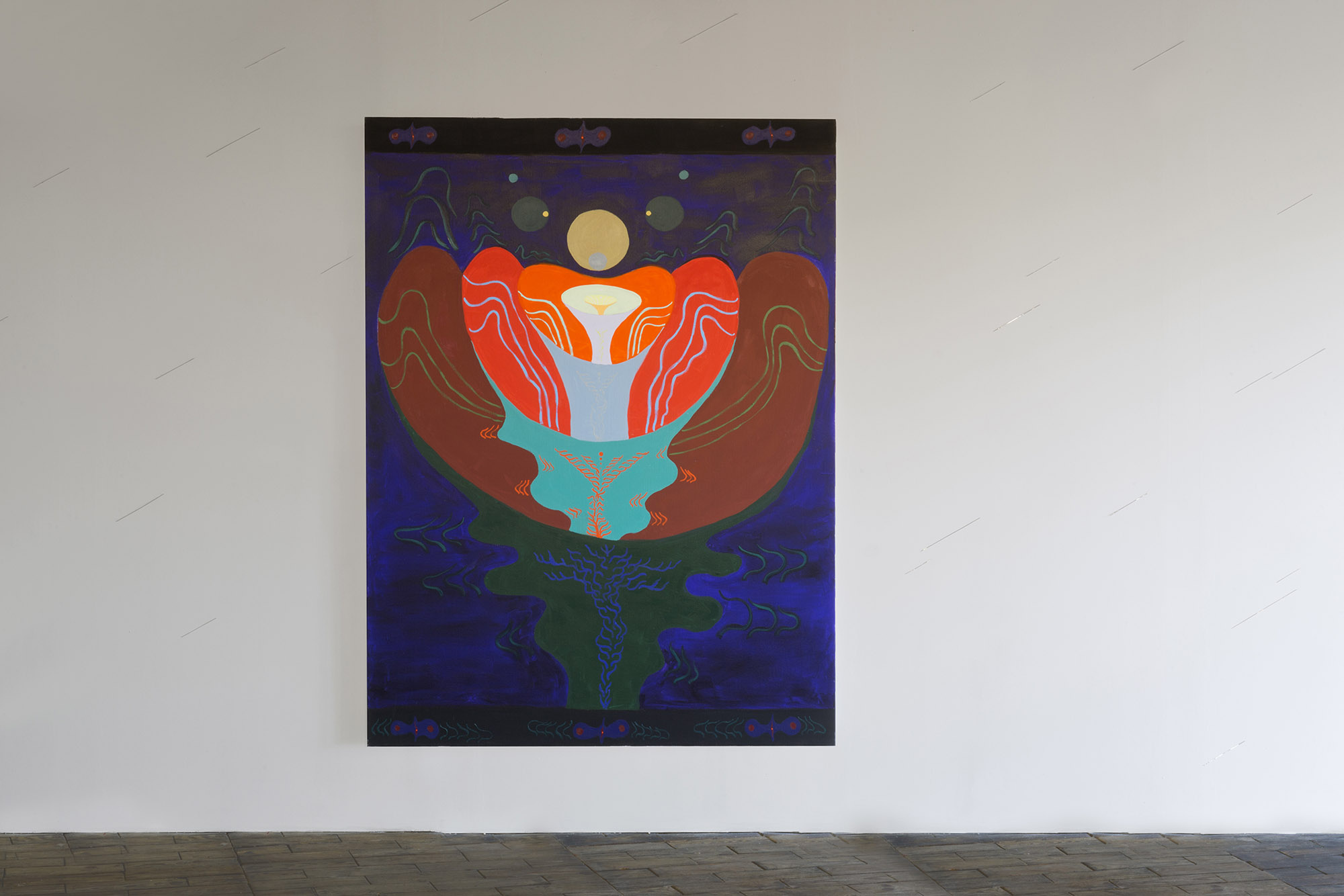
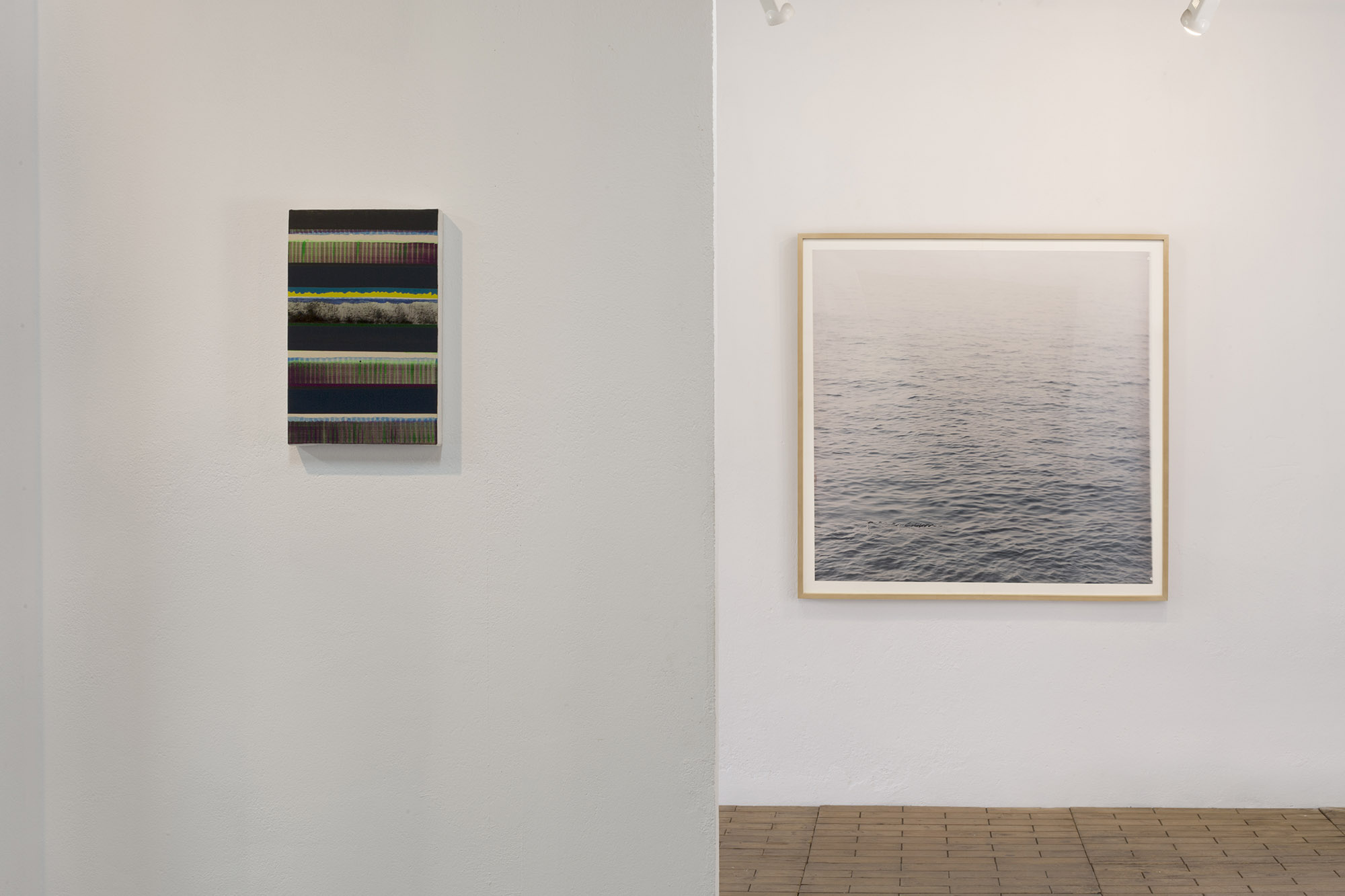
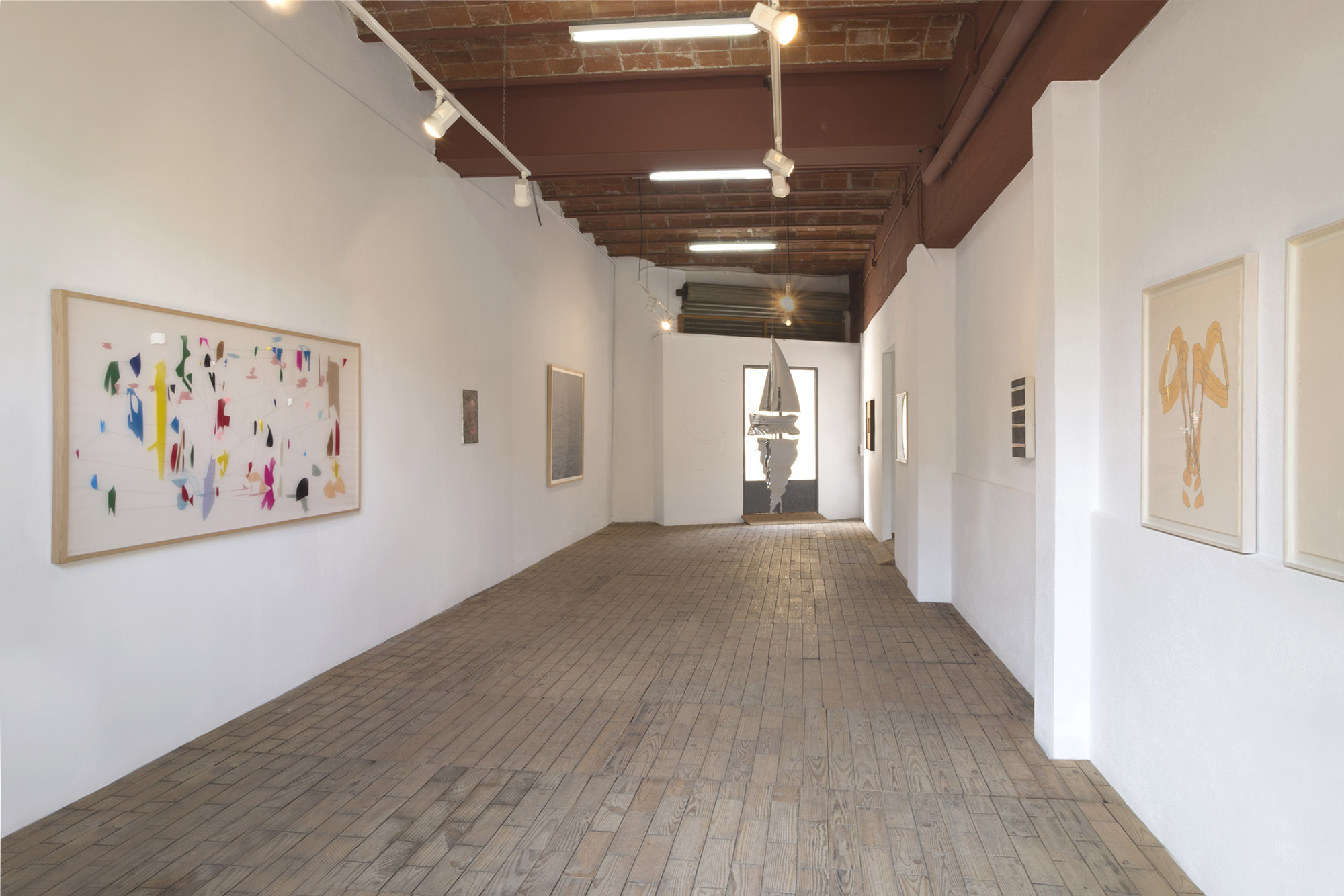

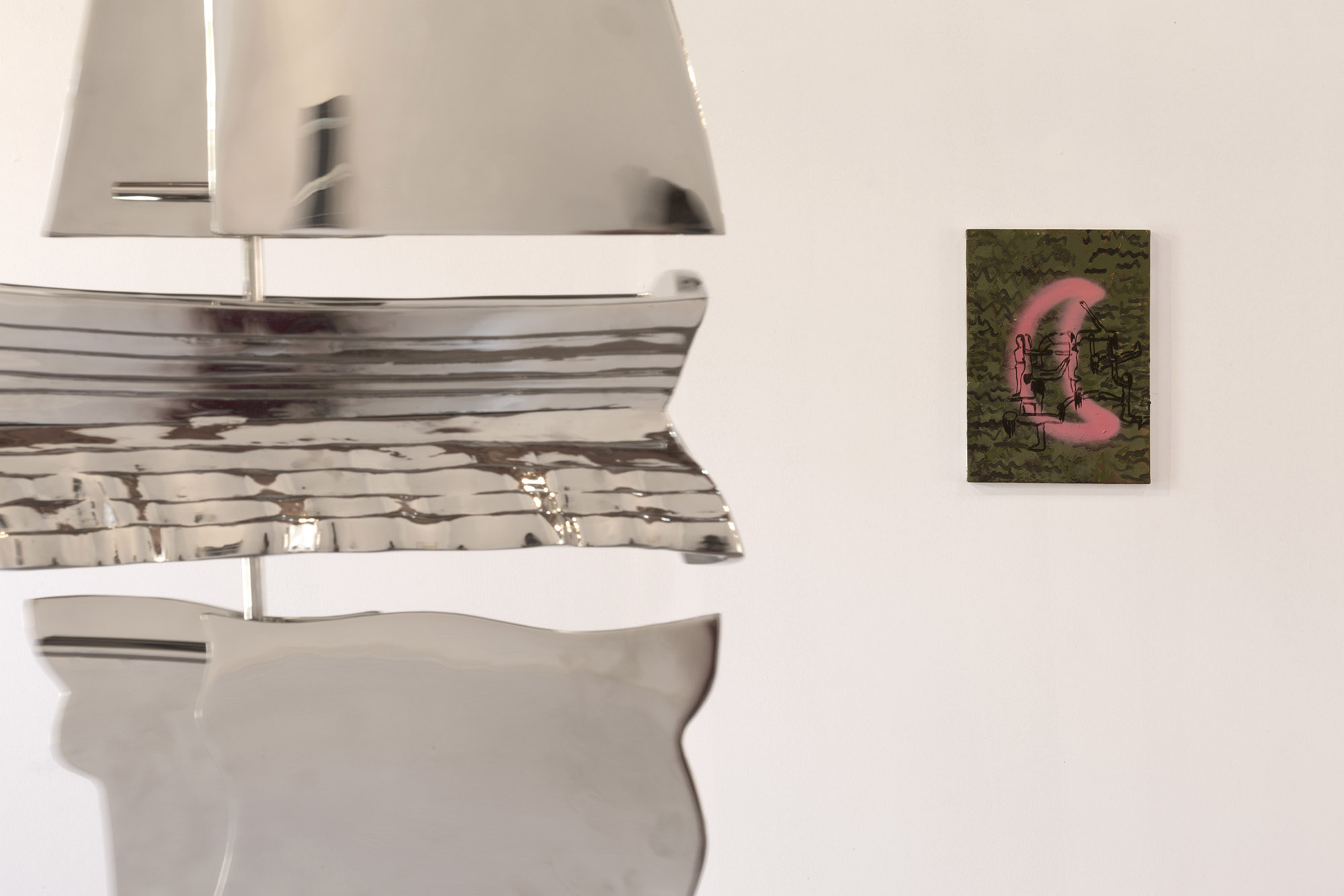


know more about
We’re delighted to present a joint project by Bombon, Galeria Joan Prats and NoguerasBlanchard in Fonteta, a small village in the Empordà region from June to September. The exhibition, conceived in two chapters (the first opening June 18th and the second August 7th) brings together artists from three different generations. The proposal begins with a concept from the Empordà Parar la fresca (to take in fresh air) described by Josep Pla in the book Las Horas (The Hours), 1953.
Text by Gabriel Ventura
When the moon rises,
the bells become lost
and impenetrable paths appear.
Federico García Lorca
Perhaps because for so many centuries it has been out of reach, it has awakened the most fantastical dreams, those which are most passionate and hidden. Its charm will always be on behalf of the nighttime, of the occult and intuition, of secrecy and excess. The moon – which dilates and dwarfs cat’s eyes, makes tides rise and fall, and inflates and deflates frogs – continues to fascinate us with the same fervour of ancient times, even though we have already stepped upon it gingerly, and now some enlightened entrepreneurs plan to build hotels with galactic views. But let’s not fool ourselves: the colonising eagerness of Jeff Bezos and company will not be able to bring closer or make more comprehensible the mysteries of the White Hare or the Spider Woman.
Eternally distant, the moon has been worshiped by witches and vampires, by poets and fortune-tellers. As much as science tries to conquer it, the lunar mercurial light projects us towards remote and inscrutable futures, and invites us to reflect on the shadows and myths of the human condition. Throughout history we have linked it to fertility and the unconscious, to death and resurrection, to the repetition of life’s cycles. The first inscribed annotations on artefacts and tools from the Palaeolithic era consist of lunar records. In fact, is very likely that before the advent of agriculture, societies were organised according to a lunar temporal cycle, as demonstrated by Alexander Marshack’s research in The Roots of Civilization.
Unlike the sun, the omnipotent and constant star, the moon goes through phases; it waxes and wanes, dwindles, bends, and transforms. For this reason, there has been a historical tendency to represent what is immutable with the sun (God), and that which is changing and material with the moon (for example, Plato’s sublunar and mortal kingdom, the land of doubt and shadows). Inevitably, for millennia, human species has found its counterpart in the drama of the moon: being born, growing up, reproducing (the belly of the full moon), and dying. If the solar syntax divides and ranks –W.B. Yeats accused the sun of offering “complex and contrived” truths– the lunar syntax mixes and confuses the forms by being evasive, emotional, fluid. Symbolically, the moon evokes the imaginative, contingent, and ambiguous world of existence, which contrasts against absolute solar truths shaping an ideal world of being. It is impossible to look directly at the sun, it is impossible to enter into a dialogue with its dazzling presence. The moon, on the other hand, illuminates paths from the brinks of the sky and, in the words of Lorca, shamelessly shows its “one hundred identical faces”. Illusion, delirium, chimera, madness, chaos, dispersion (estar a la lluna_): the attributes of the queen of the night suggest the transgression of daytime norms.
Lilacs and electric blues, striking yellows and raging reds, fluorescent greens that shoot up from the dark, like a scream piercing the conscience. The colours of the night sharpen the nerves as well as the eye; they make us untrusting, and we sense the intermittent heartbeat of danger.
A tremor runs down our backs: is it real, what we have seen? Can we believe in the images and words that appear under Selene’s cold light? Perhaps, deep down, being on the moon (estar a la lluna), is one of the most fruitful and perplexing ways to be on Earth – not taking anything for granted, continuing to be suspicious, and looking up at the unfathomable secrets of the universe.
Read More
